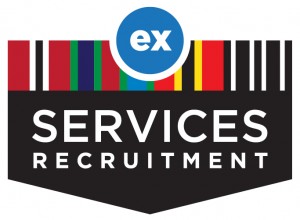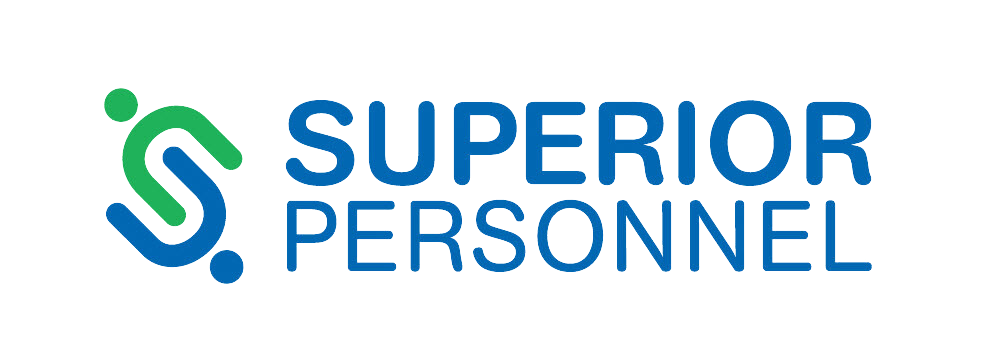Institute of Directors Spring Directors Survey
The New Zealand Institute of Directors has just released their Spring 2014 Director Sentiment Survey. Critically it identifies skilled labour shortages as a key risk to business. Thanks to the IoD, here is a summary of their latest findings.
Background
The inaugural IoD-NZIER Director Sentiment survey is designed to take the pulse of the New Zealand director community. It provides high level views sourced from a broad range of entities on business, economic and governance issues. The survey was conducted during October 2014 and we are delighted by the high level of engagement with 859 responses. This report is an overview of the results and preliminary analysis of detailed text responses. The responses to open text questions add significant colour and detail to the issues that businesses, directors and the economy are facing.
Summary
Directors are optimistic about the future, but red tape is an impediment to business and economic
performance. Directors would like to see government focus on reducing red tape. Directors want to
focus on developing the skills and capability of their own people – the key risk facing business.
Cut red tape
Directors are optimistic about their business and the economy. But they also see a need for change
to unlock business and economic potential. 23% of directors say reducing regulatory red tape is the
best thing government can do to improve business performance. This is supported by a resounding
75% of directors who said compliance activities had increased significantly compared to two years
ago.
Liability increases risk aversion
Directors are answerable for the decisions they make and balancing authority and accountability is
an ongoing tension boards need to manage. The survey highlights directors’ concerns about personal liability with more than half the respondents (57%) saying that greater personal liability had made them more risk averse in business decision-making. Greater risk aversion may signal a brake on performance. If a business is to grow then it must engage with risk. At the end of the day it’s a matter of striking a careful balance between holding businesses to account and taking risks to drive better performance.
People and skills are a key risk to business
Concerns about skills and capability feature strongly. Labour capability and quality is the most
prevalent risk for organisations with 17% of directors commenting on a range of related risks from
board and staff capability to issues such as training and engagement. Only 51% of the boards surveyed said they had the right capability (skills and experience) to comply with director obligations under the incoming Health and Safety Reform Bill. 13% of boards are not ready and should prioritise upskilling in this critical area. The other (neutral) boards should prioritise
assessing their capability needs.
Technology advice needs to improve
The board’s role in digital leadership and understanding strategic opportunities and risks is
increasingly important. Less than half (47%) of the boards said they received good quality reports
and information from management on technology-related matters and engaged in robust discussion
on this topic. Directors need to think about their strategic context and any implications for future board composition and board upskilling. Skilled and capable people throughout the organisation are
essential for effective and strong organisational performance. The IoD will continue to focus on board capability needs as we develop resources and courses to support director knowledge and capability development.
Board diversity important
The results are encouraging with 64% of directors agreeing that diversity is a key consideration in
making board appointments. Diversity of thought and experience helps improve board effectiveness
and company performance. However, the challenge is to transition this sentiment into action and results. There has been some positive movement in the number of women directors, but there is still a long way to go to achieve greater board diversity.



